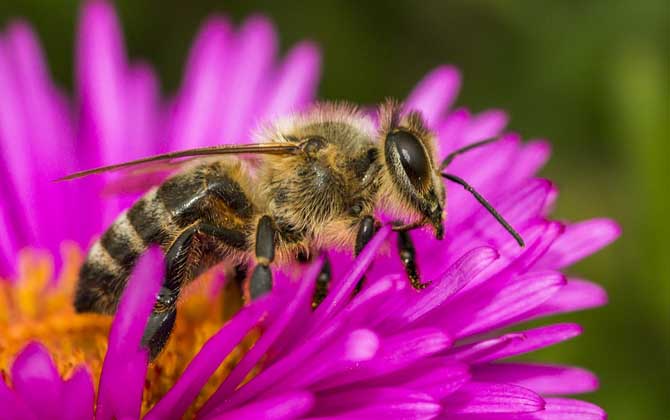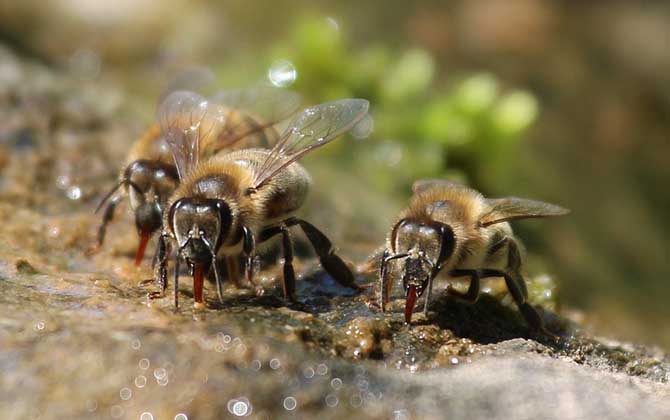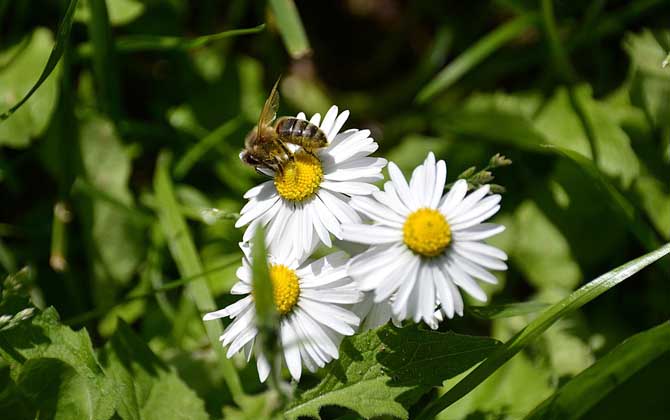Bee knowledge
What happens when the bees go extinct?
Bees are a collective name for several insects of the Hymenoptera family, and are called resource insects because they are closely related to humans. Although “bees disappear and humans can only live for another 4 years” is a rumor, it also shows the importance of bees to natural ecology. Let ’s take a look at what happens to the world when bees go extinct!

1, Impact on plants
The most important impact of bee extinction is the plant. The reason is that the bee can pollinate the plant at the same time as it collects nectar. Many plants cannot produce and reproduce without pollination. In fact, about 80% of plants rely on insects to spread pollen. Bees account for the majority of insects, so if bees are extinct, most plants will be affected, and some plants may even become extinct due to lack of pollinating insects, which will ultimately be a domino ecological disaster.
2, Impact on animals
The impact of bee extinction on animals is devastating, because most plants require bees to pollinate them. Without bees, these plants will not be able to reproduce normally, and the survival of animals (including plant-eaters and carnivores) is highly dependent. For plants, the end result is likely to be the extinction of species similar to the dinosaur era. In addition, the bees themselves are an integral part of the food chain. Those animals that eat without bees will be the first to be affected.
3, Impact on humans
The impact of bee extinction on humans is destructive, because bees are closely related to human-grown crops. According to statistics, 90% of crops grown around the world rely on bee pollination. Therefore, after the bee extinction, the yield of food is bound to decline sharply. It will also face an unprecedented food crisis, but it is definitely not as human beings can only live for another four years. In fact, human beings are fully capable of changing the pollination methods of crops and no longer need pollination.
Summary: Bees are an integral part of natural ecology. Most animals and plants without bees will be affected. Although it will not be extinct for humans, it will definitely be an unprecedented disaster in human history.




